What are fake supplements?
And how to know if supplements are real? Since the FDA doesn’t evaluate dietary supplement labels and ingredients before they’re sold it leaves the potential for the product to not necessarily include what is claimed on the label. (2)(3) Among other concerns, fake supplements may include harmful ingredients or contaminants, such as bacteria. (1)
Fake supplements can be very difficult to discern and may appear very similar to genuine supplements at first sight. A few tips on how to spot fakes are:
Methods of identifying fake supplements
Consider the business selling the itemLarge stores and online retailers often have poorly defined quality standards for the supplements they sell. A study using immune supplement products purchased on Amazon found that many supplements were fake. Most of the products analyzed had inaccurate labels and misleading, non-FDA-approved claims. (2)
Examine the labels and packagingAnother way to ensure that supplements are legitimate is to examine the Supplement Facts label and packaging. Look for mistakes, misspelled words, or unfamiliar fonts on the label—this could indicate the supplement is fake.
Good-quality supplements should have tamper-evident seals, lot numbers, expiration dates, and contact information for the brand. Third parties also certify many reputable products, which can confirm current good manufacturing practices and label claims, such as gluten-free. Newer products may also feature scannable QR codes that bring you directly to the brand’s website.
Inspect the supplementFake products often have missing or additional ingredients not listed on the Supplement Facts label. (2) Whether it’s a powder or capsule, examine the supplement for an abnormally pungent smell or irregular texture. A patient taking a counterfeit product may report that the supplement has an unusual smell or bad aftertaste.
Research the brandA quick web search can further inform whether your patient is taking a genuine dietary supplement. Original supplements typically have a website with a clear brand story highlighting their ingredient sourcing and manufacturing practices. Contact and location information should also be present. Some original brand websites also list which reputable retailers carry their products.
Takeaway
Fake products are, unfortunately, relatively common and may contain dangerous ingredients that cause adverse effects, such as chest pain. That’s why knowing how to tell if supplements are fake is important. Examining the supplement label, packaging, and retailer can help determine whether a supplement is fake or genuine. If you discover a fake supplement, report your findings to the FDA as soon as possible.
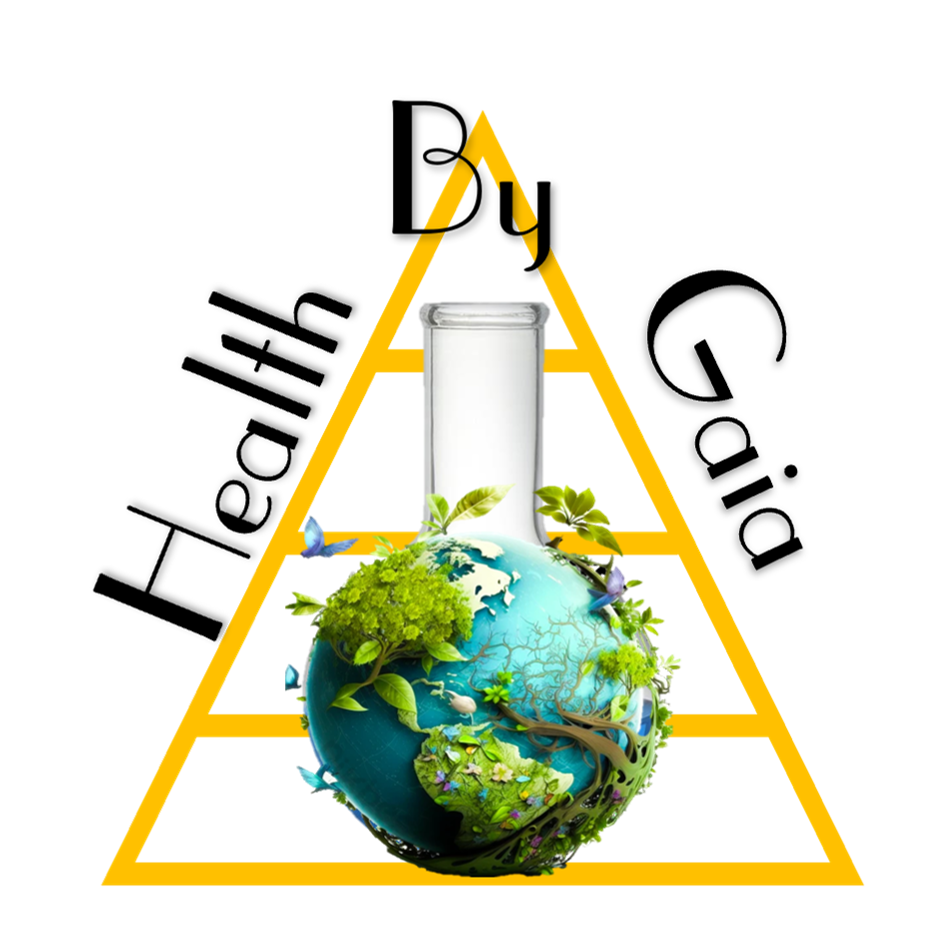

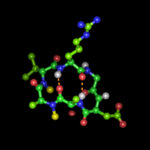

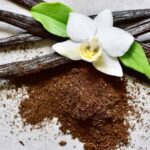

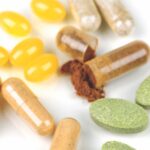

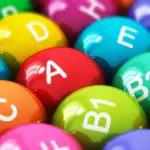





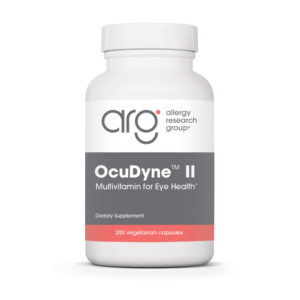

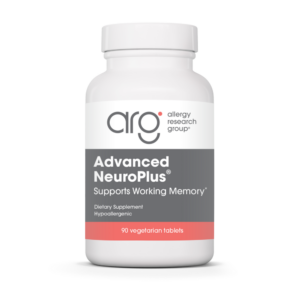
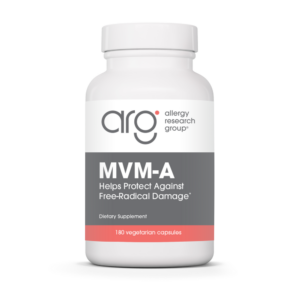
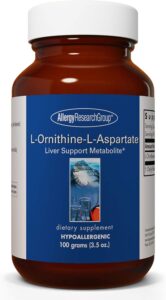
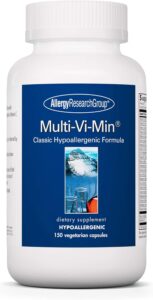
Leave a Reply